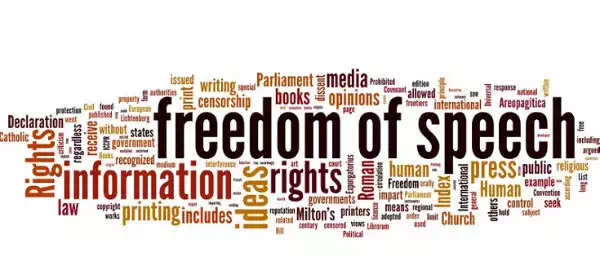Fundamental Rights
Introduction
· The Constitution of India listed the rights to the citizens of India that would be specially protected and known as the ‘Fundamental Rights.’

· ‘Fundamental’ means the Constitution has separately listed and made special provisions for the protection of ‘Fundamental Rights.’
· Fundamental Rights are different from other rights (i.e. ordinary legal rights) available to the citizens of India.
· Ordinary legal rights are protected and enforced by ordinary law; but Fundamental Rights are protected and guaranteed by the Constitution of India.
· Ordinary Rights may be changed or amended by the legislature by ordinary law making process, but a Fundamental Right may only be changed by amending the Constitution itself.
· Judiciary has the powers and responsibility (assigned by the Constitution) to protect the Fundamental Rights; in case any government’s action violates it.
· Judiciary, if found any act of the government (either by Executive or by Legislature) equivalent to violation of the Fundamental Rights, can be declared that act illegal or restrict them to do further so.
· However, Fundamental Rights have some reasonable restrictions and hence, they are not absolute in nature.
· Furthermore, the preamble to our Constitution speaks of ensuring all its citizens equality, liberty, and justice. Fundamental Rights put this promise into effect.
· Fundamental Rights are very essential to everyone’s life. They are the basic feature of the Constitution.
· The Constitution of India provides six Fundamental Rights, which are mentioned in Articles 12 to 35 in Part-III (of Constitution).

Right to Equality
· The Rule of law is the foundation of Indian democracy that states that the laws apply in the same manner to all, irrespective of a person’s status. It means that the Prime Minister of the country or a poor farmer in a remote village is subject to the same law and equal treatment.
· Article 14 states that the government shall not deny to any person, equality before the law or the equal protection of the laws, which means −
o Laws apply in the same manner to all;
o No person is above the law;
o Every citizen is subjected to the same laws and same treatment;
o No person can legally claim any special treatment or privilege on any of the ground; and
o Law makes no distinction between a political leader, a government official, and an ordinary citizen.
· Article 15 states that no citizen can be discriminated against on the basis of his/her religion, race, caste, sex, or place of birth.

· Article 15 further enhanced the Right to Equality by providing that every citizen shall have equal access to public places like shops, restaurants, hotels, and cinema halls. Similarly, there shall be no restriction with regard to the use of wells, tanks, bathing ghats, roads, playgrounds, and places of public resorts maintained by the government.
· Article 16 states that the State cannot discriminate against anyone in the matters of employment.
· Article 17 abolishes the practice of untouchability in any form, which states that every person has access to all public places including playgrounds, hotels, shops, etc.
Right to Freedom
· Freedom means non-interference and absence of restrictions in one’s affairs by others, whether it be the individuals or the Government.

· The Constitution of India provides all citizens ‘freedom’ under Article 19 to do any of these following acts −
o Right to Freedom of speech and expression;
o Right to form assembly in a peaceful manner;
o Right to form associations and unions;
o Right to move freely throughout the country;
o Right to reside in any part of the country; and
o Right to Practice any profession, or to carry on any occupation, trade, or business.
· However, there are certain reasonable restrictions that can be imposed upon the citizens by the Government in the larger interests of the society.
· Likewise, though every citizen has the right to all these freedoms, but it is subject to reasonable restrictions such as −
o The expression of freedoms should not cause public nuisance or disorder.
o This freedom of one should not violate others’ right to freedom.
o Freedom is not unlimited right to do what one wants.
o Accordingly, the government can impose certain reasonable restrictions (on freedoms of citizens) in the larger interests of the society.
· The Honorable Supreme Court of India has explained the ‘freedom’ under Article 21 as −
o No citizen can be killed unless the court has ordered a death sentence.
o No person can be arrested or detained by the police officer unless he has proper legal justification.
· As per the guidelines settled by the Hon’ble Supreme Court of India, a police officer while arresting a person has to follow some procedures −
o The police officer is duty bound to inform the person (in case of his arrest), the reason/s of his arrest and detention and the person so arrested has the right to know the reason for his arrest.
o It shall be the duty of the police officer to produce the arrested person before the nearest magistrate within a period of 24 hours of arrest.
o The arrested person has the right to consult a lawyer of his choice for his defense.